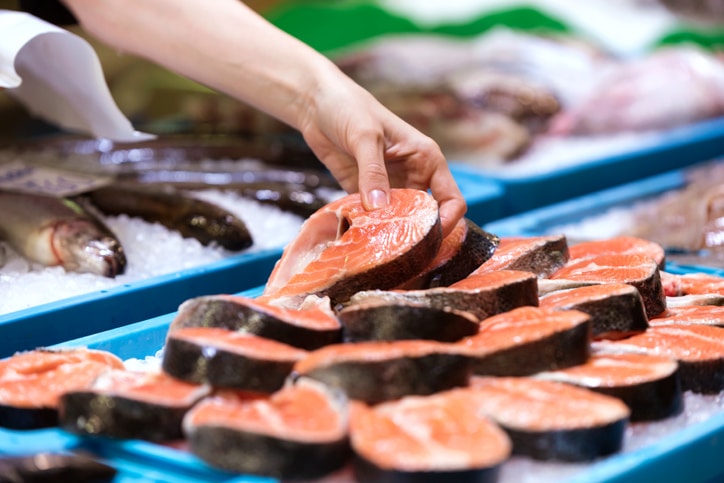With the prevalence of processed foods and the global supply chain networks that work to deliver food products worldwide, traceability in today’s food industry can be challenging to achieve. As a result, food fraud, or the misrepresentation of food products on the market, is more common than many like to think.
If you’re considering a career in food technology, safety, and quality, you’ll be trained in ensuring that products within the food and beverage industry are safe for human consumption, conducting analysis and implementing quality assurance measures in compliance with national and international standards. As part of your duties, you’ll be looking for signs of food fraud and taking the appropriate measures when it’s been identified.
Below, discover more about food fraud and its various forms, commonly frauded foods, and how regulatory bodies address it.
A Look at Types of Food Fraud For Those in Food Safety Training
Generally characterized as the misrepresentation of food products, food fraud comes in many different forms. Suppose you’re launching a career after food safety training. In that case, it’s important to be aware of the different methods that manufacturers, producers, and other stakeholders along the supply chain may try to alter the quality or contents of their product for financial gain. Most commonly, you’ll see food fraud in the form of:
- Mislabelling: Labelling a product falsely (e.g. calling regular beef grass-fed beef)
- Substitution: Substituting a product with a different product, such as using horse meat in place of beef
- Dilution: Mixing other ingredients into a liquid to add volume, such as water being added to milk (unlabeled)
- Enhancement: Failing to label additional ingredients in a product, such as spices adulterated with fillers
While there are more types of food fraud, these are the main types that you’ll come across during your career.

After your food safety program, you’ll see many different types of food fraud
The Most Commonly Frauded Foods
While food fraud can occur anywhere, some foods are more prone to misrepresentation or false labelling than others. Food fraud is most often seen in the following products:
- Honey: Because honey is so expensive, sugar is often used instead of natural honey or is used to enhance honey.
- Olive oil: Olive oil may be diluted with cheaper oils, such as vegetable or soybean oil, or even with lesser-quality olive oil. Because it’s challenging to trace olive oils to where the olives were actually grown, this is a common type of food fraud.
- Spices: Spices can also be difficult to trace, making it easy to supplement them with fillers.

Spices are commonly enhanced with various fillers
- Coffee: Ground beans can be adulterated using corn husks, twigs and even stone, increasing their weight for economic gain.
- Seafood: Many kinds of seafood can be expensive to source, and often fish is mislabeled and presented as another fish entirely.

Fish and seafood are often substituted for a different seafood products
Throughout your career in food safety, the above foods, as well as fruit juices and organic products, will be important to watch out for when detecting food fraud.
How Organizations Work to Combat Food Fraud
After graduating from a food safety program, you’ll have the opportunity to work for or contribute to organizations that focus on combating food fraud. For example, the Canadian Food Inspection Agency (CFIA) specializes in protecting consumers by working in the food industry. Some of their techniques include:
- Analyzing food samples to ensure compliance
- Performing inspections of food products at each level of the supply chain process
- Following up on consumer complaints in labels, advertisements and restaurants
- Distributing food labelling guidelines and resources
- And more
Within the food manufacturing industry, it’s also important that producers and companies are informed about the compliance laws surrounding food labelling while ensuring that their supply chains remain traceable. With awareness around food fraud rising, it’s more important than ever to safely and accurately distribute products to consumers.
Are you ready to earn your food technology diploma?
Start training at AAPS today!




